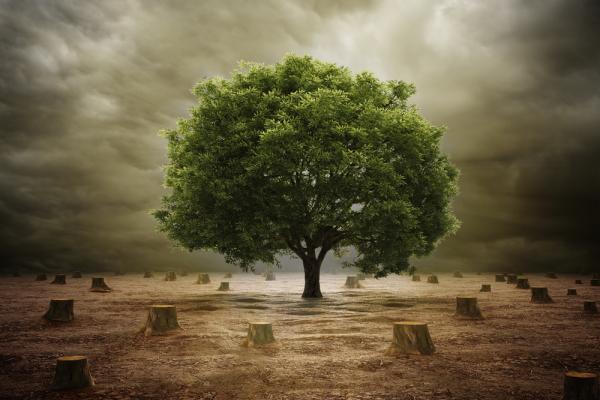Let it be noted: Diana Butler Bass is not worried about the kids.
The passage of time is ever-present in our conversation, and we linger often on the uncertainty of what's ahead for American religion, particularly among the growing numbers of unaffiliated young adults. But Bass seems at peace with — and at times, delighted by — the role she has assumed in this new faith landscape: that of witness, storyteller, and occasional wisdom-dispenser to an institution-overhauling younger generation.
Bass, religious academic and author of nine books, has won numerous awards for her scholarship on American religious history. With her usual precision, Bass uses Grounded to elucidate the centuries-long power structures that have propped up hierarchical religion, and to define the parameters for where the current anti-institutional, spiritual-but-not-religious energy may take us. But Grounded is also intimately personal. Bass casts it as an almost devotional exploration of our material world, asking how we can draw closer to the spirit by paying closer attention to the earth, and eachother. This book — what she calls her "first second-half book" — makes its peace with a world in a constant state change and discovering.
This interview has been edited for length and clarity.
Read the Full Article

